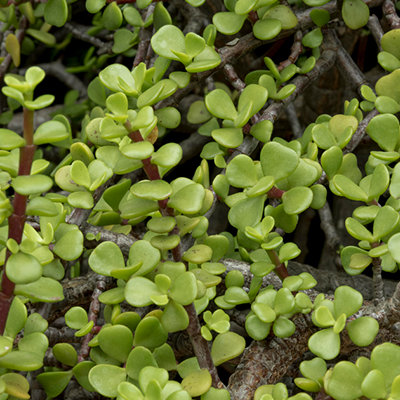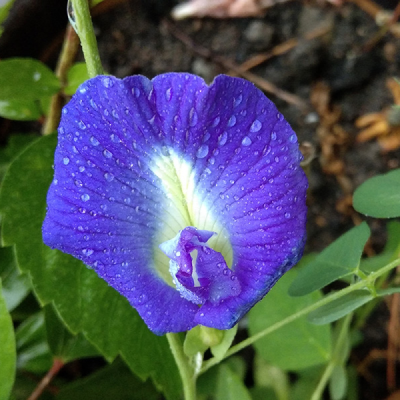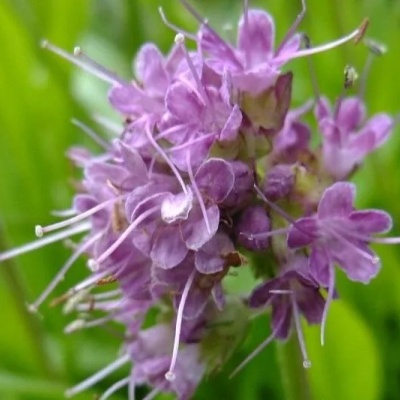Major Depressive Disorder (MDD) is a mental health condition characterized by persistent and intense feelings of sadness, hopelessness, and loss of interest in daily activities. Other symptoms include fatigue, changes in appetite, sleep disturbances, difficulty concentrating, and sometimes thoughts of self-harm or suicide. It can significantly impair an individual's personal, social, and professional life.
Symptoms of MDD
The symptoms of MDD must persist for at least two weeks and significantly impair daily functioning. They include:
1. Emotional Symptoms:
- Persistent sadness or emptiness
- Loss of interest or pleasure in activities once enjoyed (anhedonia)
- Feelings of worthlessness or excessive guilt
- Hopelessness or helplessness
2. Cognitive Symptoms:
- Difficulty concentrating, thinking, or making decisions
- Recurrent thoughts of death or suicide
3. Physical Symptoms:
- Fatigue or loss of energy
- Sleep disturbances (insomnia or hypersomnia)
- Changes in appetite or weight (significant loss or gain)
- Psychomotor agitation or retardation (restlessness or slowed movements)
4. Behavioural Symptoms:
- Social withdrawal
- Reduced productivity or neglect of personal responsibilities
Causes of MDD
The exact cause of MDD is not fully understood, but it is believed to result from a combination of biological, psychological, and environmental factors:
1. Biological Factors:
- Brain Chemistry: Imbalances in neurotransmitters like serotonin, dopamine, and norepinephrine.
- Hormonal Changes: Conditions such as postpartum depression or thyroid imbalances can trigger MDD.
- Genetics: A family history of depression increases the risk.
2. Psychological Factors:
- Negative thinking patterns
- Low self-esteem
- Childhood trauma or abuse
3. Environmental Factors:
- Chronic stress or significant life events (e.g., loss of a loved one, financial difficulties)
- Lack of social support or isolation
Complications of Untreated MDD
If left untreated, MDD can lead to:
- Chronic health issues
- Substance abuse
- Suicidal thoughts or attempts
- Impaired relationships and productivity
Ayurvedic Perspective on MDD
In Ayurveda, MDD is linked to manasika rogas (mental disorders) and is primarily associated with an imbalance of the Tridoshas (Vata, Pitta, and Kapha) and the disturbance of the manovaha srotas (channels of the mind). The condition is often described under terms like vishada (depression or sorrow) or avasada (mental dejection).
- Vata imbalance: Causes anxiety, restlessness, and insomnia.
- Pitta imbalance: Leads to irritability, anger, and frustration.
- Kapha imbalance: Results in lethargy, heaviness, and a lack of motivation.
A disturbed mind may also be due to tamasic (inertia, ignorance) or rajasic (hyperactivity, restlessness) tendencies overriding sattva (balance and clarity).
Ayurvedic Treatment for MDD
Ayurvedic treatment focuses on restoring balance in the body and mind through dietary changes, herbal remedies, therapies, yoga, and meditation.
Panchakarma Therapies
- Shirodhara: Pouring a steady stream of medicated oil or milk on the forehead to calm the mind and reduce stress.
- Abhyanga: Full-body oil massage to relax the nervous system and improve circulation.
- Nasya: Administering herbal oils through the nasal passages to clear mental blockages.
Diet recommendations
- Include sattvic foods like fresh fruits, vegetables, whole grains, nuts, and seeds.
- Avoid tamasic foods like processed foods, fried items, and excessive sugar.
Lifestyle recommendations
- Maintain a regular routine (dinacharya).
- Practice yoga and pranayama (e.g., Anulom Vilom, Bhramari) to calm the mind.
- Spend time in nature and engage in creative activities.
Meditation and Mindfulness
- Meditation: Techniques like mindfulness meditation, mantra chanting (e.g., "Om"), or guided meditations help balance emotions and reduce tamas and rajas.
- Pranayama: Breathing exercises like Nadi Shodhana and Kapalabhati are effective in calming the mind.
Rasayanas (Rejuvenators)
Ayurveda emphasizes the use of rasayanas like Chyawanprash or Medhya Rasayana for long-term mental rejuvenation and to enhance ojas (vital energy).
Herbal Remedies
Ashwagandha (Withania somnifera):
An adaptogen that helps reduce stress and anxiety.
Brahmi (Bacopa monnieri):
Enhances cognitive function and soothes the mind.
Shankhpushpi (Convolvulus pluricaulis):
A nerve tonic for reducing mental fatigue and stress.
Jatamansi (Nardostachys jatamansi):
Calms the mind and induces relaxation.
Guduchi (Tinospora cordifolia):
Supports mental clarity and reduces toxins.
By addressing the root cause of MDD holistically, Ayurvedic treatments aim to restore mental harmony and emotional well-being. It is advisable to consult an experienced Ayurvedic practitioner for a personalized treatment plan.








